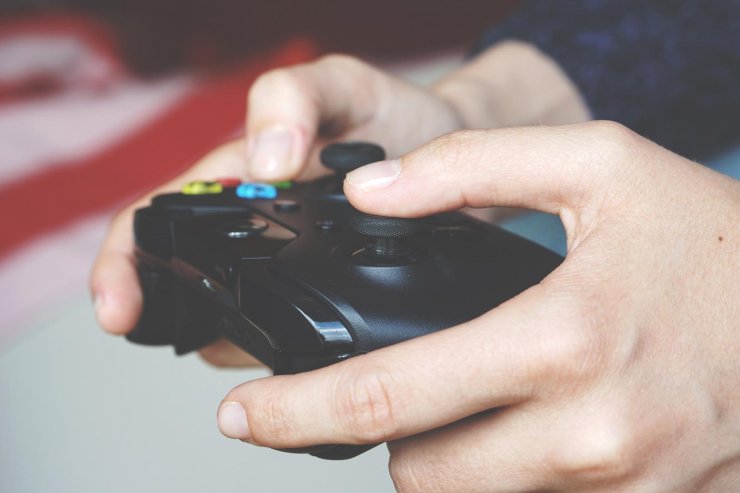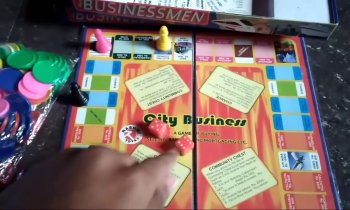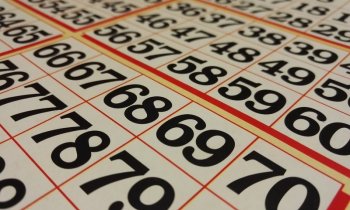Gamers are not afraid to share their opinions on their favorite titles, or the direction the industry is headed. So it’s hardly shocking that the arrival of blockchain technology on the scene has been a cause of controversy.
So what is it about the blockchain which has got gamers talking, and is there a route forward which will quell concerns and smooth the integration of this cutting-edge ecosystem?

The basics of the blockchain explained
The blockchain is mostly associated with cryptocurrency and NFTs, and while this sounds complex, the principle idea is simple. It’s a way of storing data on a shared ledger in a way that’s very tricky to subvert because every block is indelibly linked to and verified by its place in the chain and its relationship with its counterparts.
Games rely on digital data to operate, so it’s logical that the blockchain can be applied to their underpinnings.
Indeed there are entire games stored on and run from the blockchain, and also instances of this tech being adopted in more traditional games as well.
The controversy unpicked
One aspect of blockchain-based gaming that’s caused criticism in the wider community is the model by which many of these games are funded.
Players might be required to purchase expensive in-game items in order to be eligible to participate and could be required to do so using the native crypto token that’s specific to the game in question. The alternative is to simply grind out and earn the tokens needed by playing, which some argue turns gaming from a fun pastime into something more akin to a job.
Of course, that hasn’t stopped blockchain games from exploding in popularity. Indeed agencies such as Upptic, which offers growth marketing automation and expertise for web3 and mobile games, have helped emerging titles to reach huge audiences in a short timeframe.
The benefits explored
The heated debate over blending the blockchain with gaming does have its upsides, chief among which is the idea that owning in-game assets is more meaningful than ever before.
If you buy or acquire an item in a game, it can be stored on the blockchain as an NFT, which can in turn be traded or sold to others, and even transferred to an entirely different game further down the line.
This idea means that valuable digital assets don’t have to be locked into a single game, but are more definitively the property of the person that procures them. So your investment of time and capital in a game doesn’t have to be beholden to the long-term plans of a given developer, or the survival of a specific game.
There’s also the promise of blockchain gaming being more transparent, secure, and fair. With all the data stored on the blockchain, cheating should be trickier, for example.
The future mapped out
The backlash against blockchain-powered games, or the integration of this tech with more traditional experiences, has been significant. Whether or not this will quell the adoption rate remains to be seen.
The one thing that seems certain is that the blockchain will grow its influence over gaming, at least in the short term. There’s too much invested in the tech, and too many major corporations investigating its implementation, for it to be ditched right now.
So long as the player-positive aspects of the blockchain are brought to the forefront, it’s also not something that gamers themselves need to fear too much. The rampant use of microtransactions is still a bugbear, for example, and yet the criticism hasn’t caused it to die out.














Comments